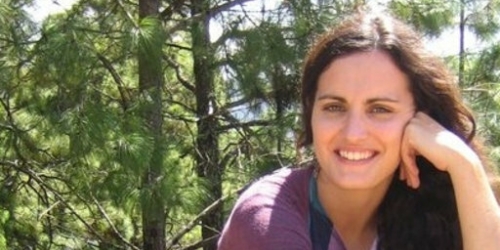Understanding agricultural azole use, impacts on local water bodies and AMR: building an interdisciplinary evidence base in Devon and Bristol
About the project or challenge area
In 2016, fungicides accounted for 39% of total pesticide use in the UK, most of which were azoles. Agricultural azoles enable farmers to improve the quality and yield of crops and increase food production, however recent studies indicate water pollution from agricultural azoles may contribute to the emergence of AMR fungi. As a result, and due to new UK and EU legislation, farmers are under increased pressure to produce more food using fewer pesticides, while faced with new fungicides to slow resistance. Potential pressures are even more salient given the changes just announced to farming policy in England that will see farmers subsidised to cut pesticide use. Our project sets out to build a holistic and nuanced understanding of the use of agricultural azoles by conducting ethnographic research of farmers’ agricultural and water use knowledge and practices, together with a quantification of azoles in surface water associated with farmlands and a risk assessment of AMR.
Why choose this project?
You will have the exciting opportunity to develop your qualitative research skills in a topical area of research, including:
- A scoping literature review of existing research on fungicide use in the UK and globally and links with AMR
- Stakeholder mapping and engagement e.g. help organise workshops with policymakers
- Potential opportunity, depending on project timeline, to get involved in farmer interviews (particularly exciting opportunity here to explore alternative methods, such as how to do digital ethnography in the likely event that in-person interviews are still not allowed due to COVID-19)
You will also gain useful insights into the benefits and challenges of working with a diverse group of researchers and stakeholders endeavouring to co-produce interdisciplinary knowledge and research:
- Colleagues at the Centre for Medical Mycology and the European Centre for Environment and Human Health in the University of Exeter will measure the levels of azoles in the water samples and conduct the risk assessment of AMR.
- Colleagues from the Theology and Religion and Geography departments provide expertise in interviewing UK farmers, understanding the different socio-cultural factors shaping farmers’ behaviours and science communication, complementing existing expertise at Bristol Veterinary School.
- The School of Computer Science and Informatics in Cardiff University bring experience in human-computer interaction and expertise in ethnographically informed and participatory design, particularly relevant given uncertainties arising from COVID-19.
About you
Some previous experience doing literature reviews and interviewing skills would be useful but not essential.
How to apply
All students can apply using the button below, following the Admissions Statement (PDF, 188kB). Please note that this is an advertised project, which means you only have to complete Section A of the Research Statement.
This project is not funded, for further details please use this link.
Before applying, we recommend getting in touch with the project's supervisors. If you are interested in this project and would like to learn more about the research you will be undertaking, please use the contact details on this page.
 Supervisor
Supervisor
Your supervisor for this project will be Professor Guy Howard, Global Research Chair in Environmental and Infrastructure Resilience in the Department of Civil Engineering. You can contact him at guy.howard@bristol.ac.uk.
 Supervisor
Supervisor
Your co-supervisor for this project will be Dr Susan Conlon, Research Associate in Human Geography in the Bristol Veterinary School. You can contact her at +44 (0) 117 455 0464 9113 or email susan.conlon@bristol.ac.uk.
Find out more about your prospective research community
The Water theme is a vibrant community of researchers who are transforming the evidence base for water-based decision making in a changing and deeply uncertain world. Find out more about the Water research theme.